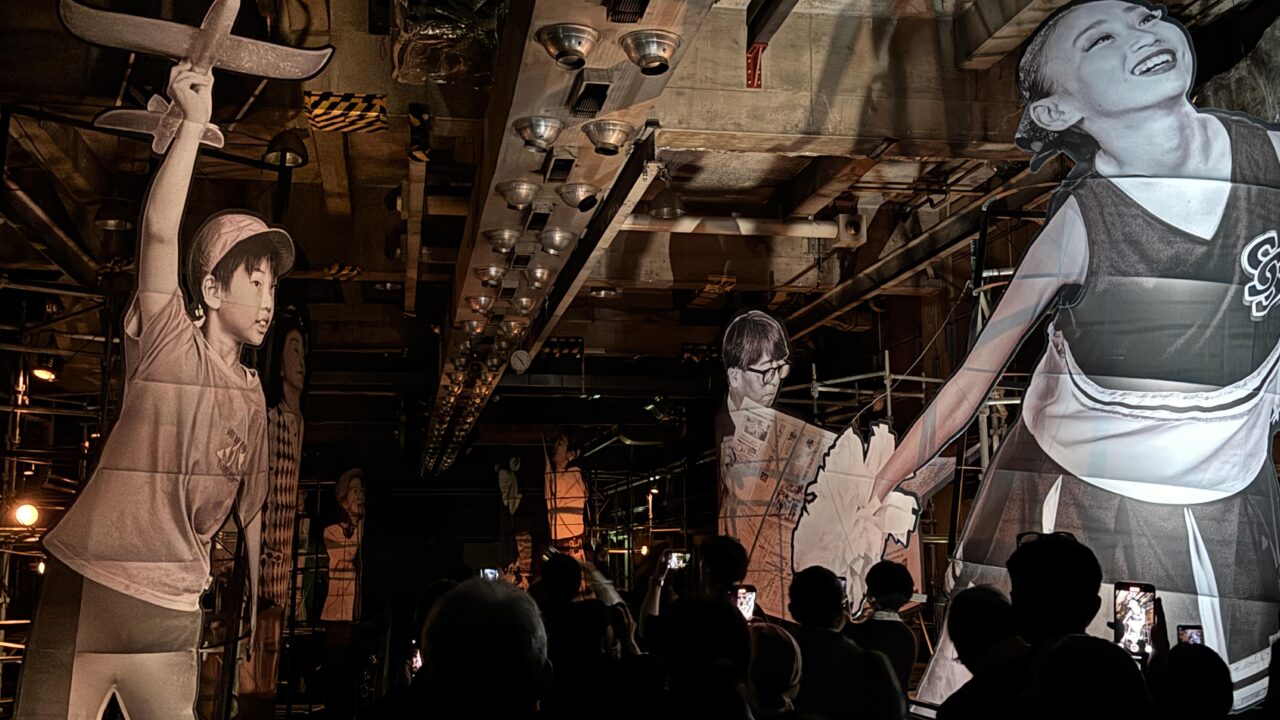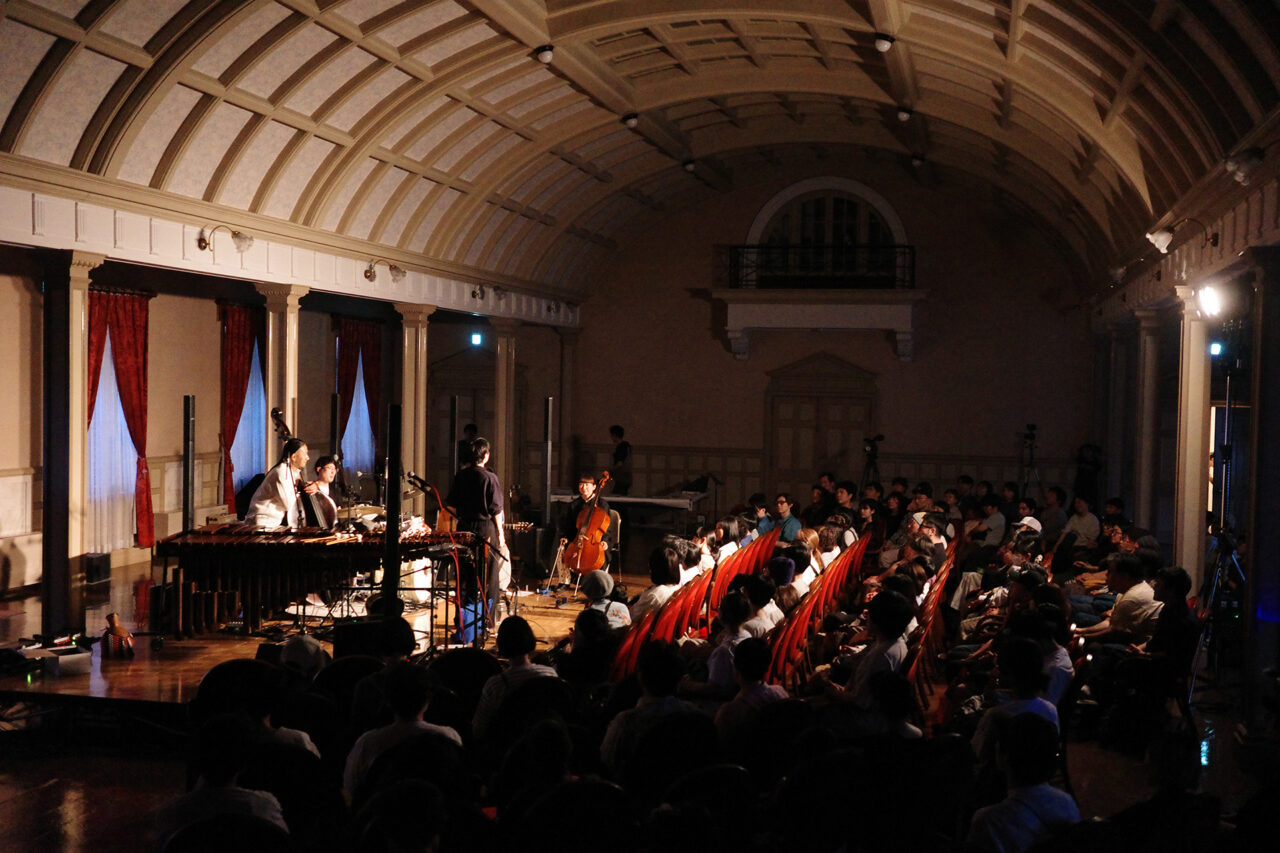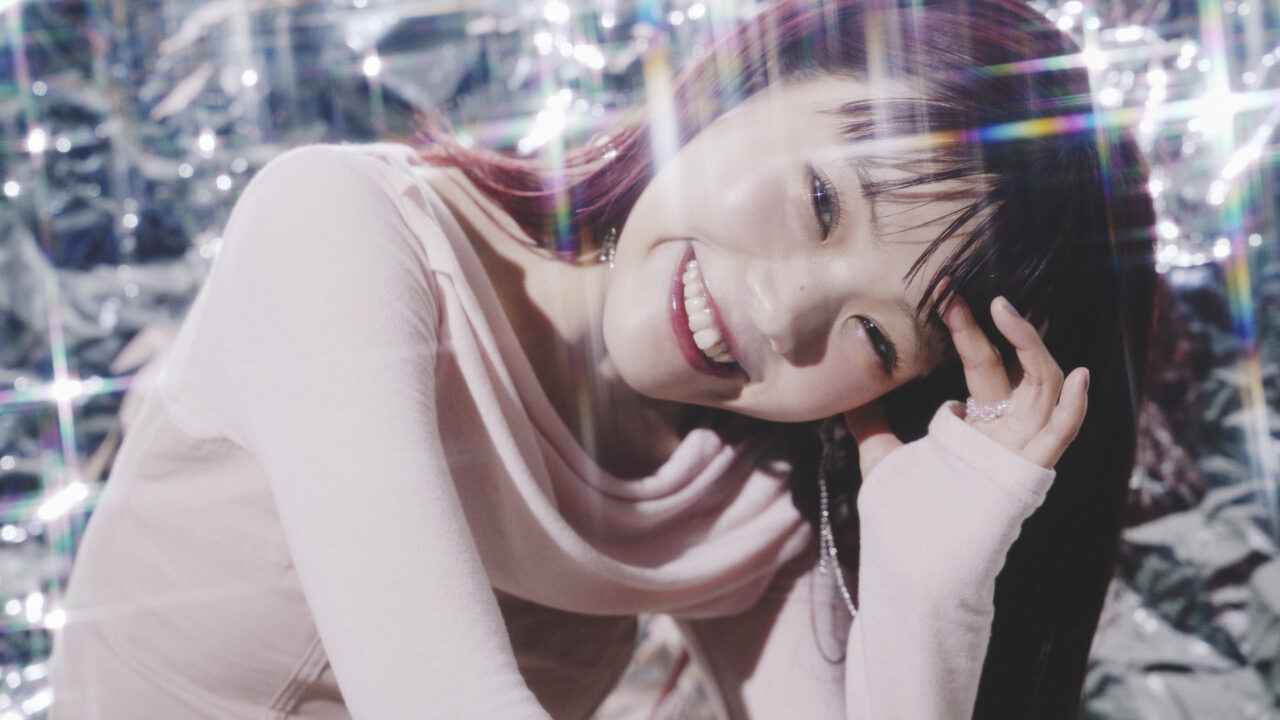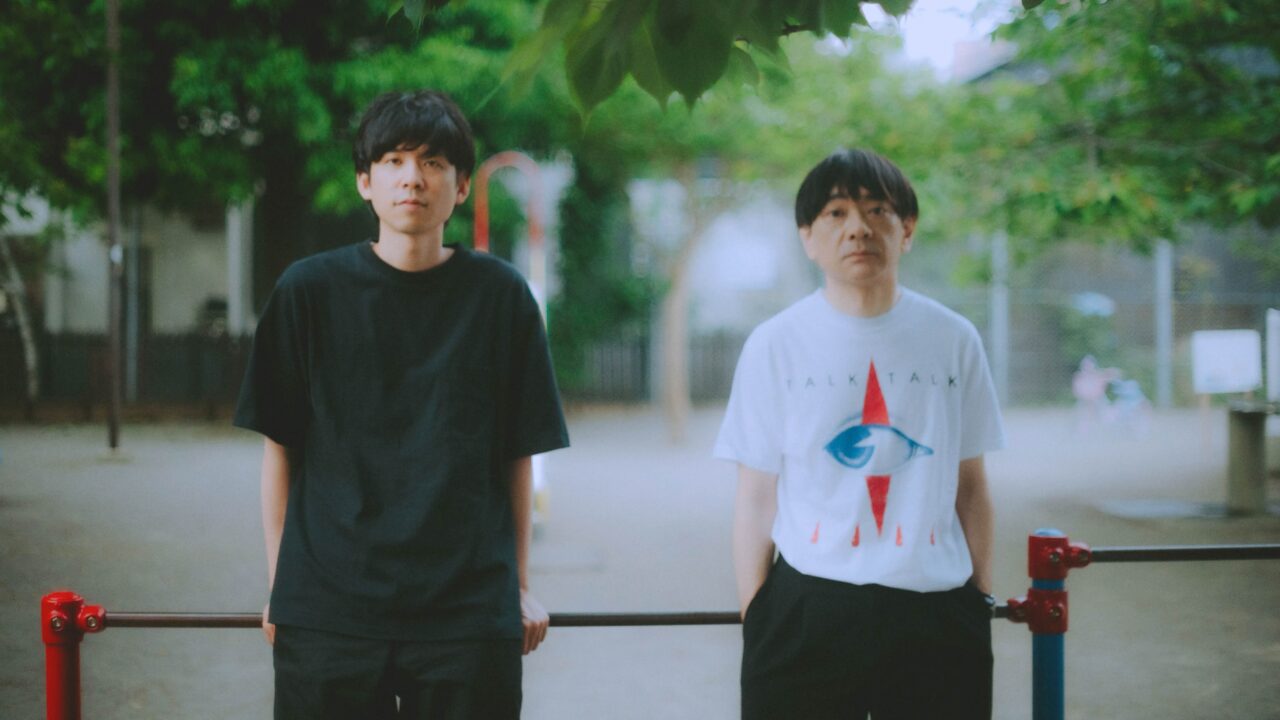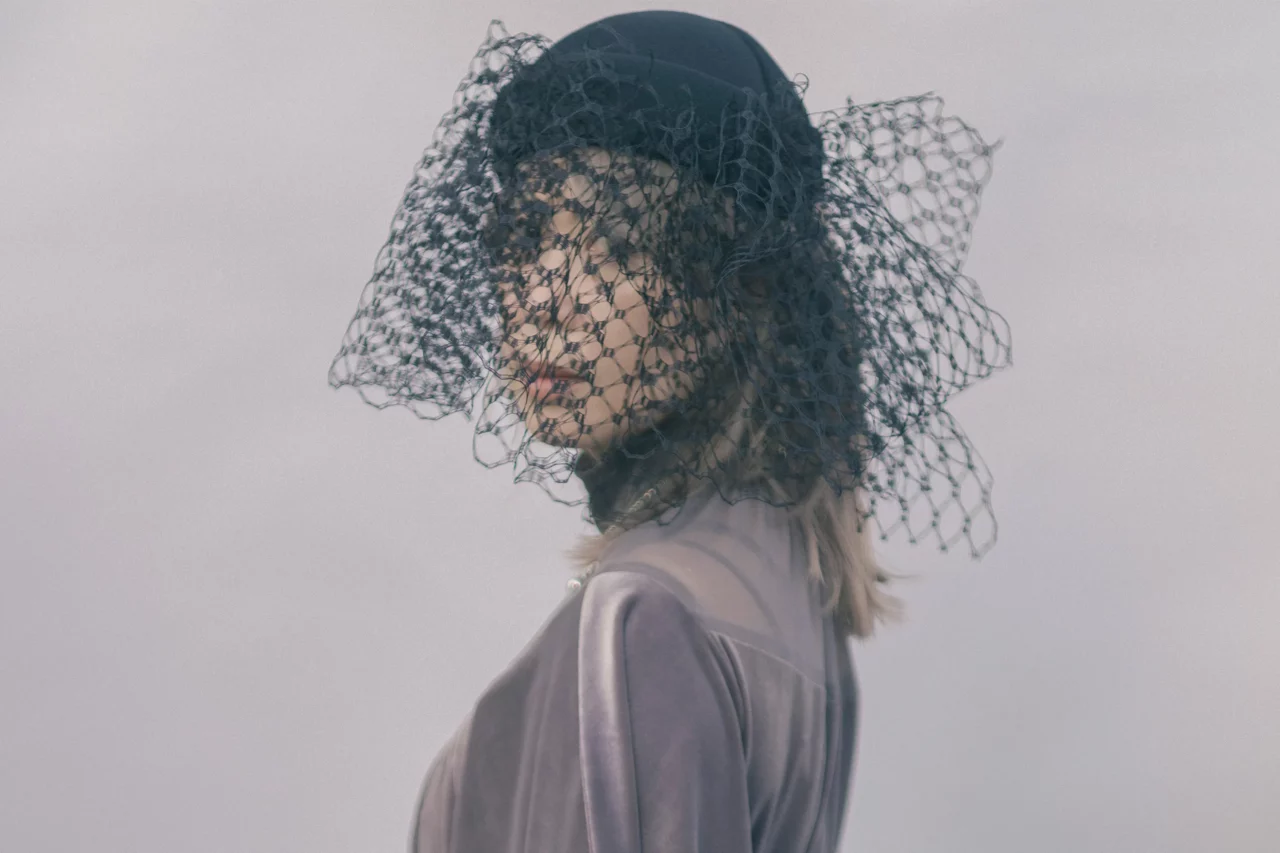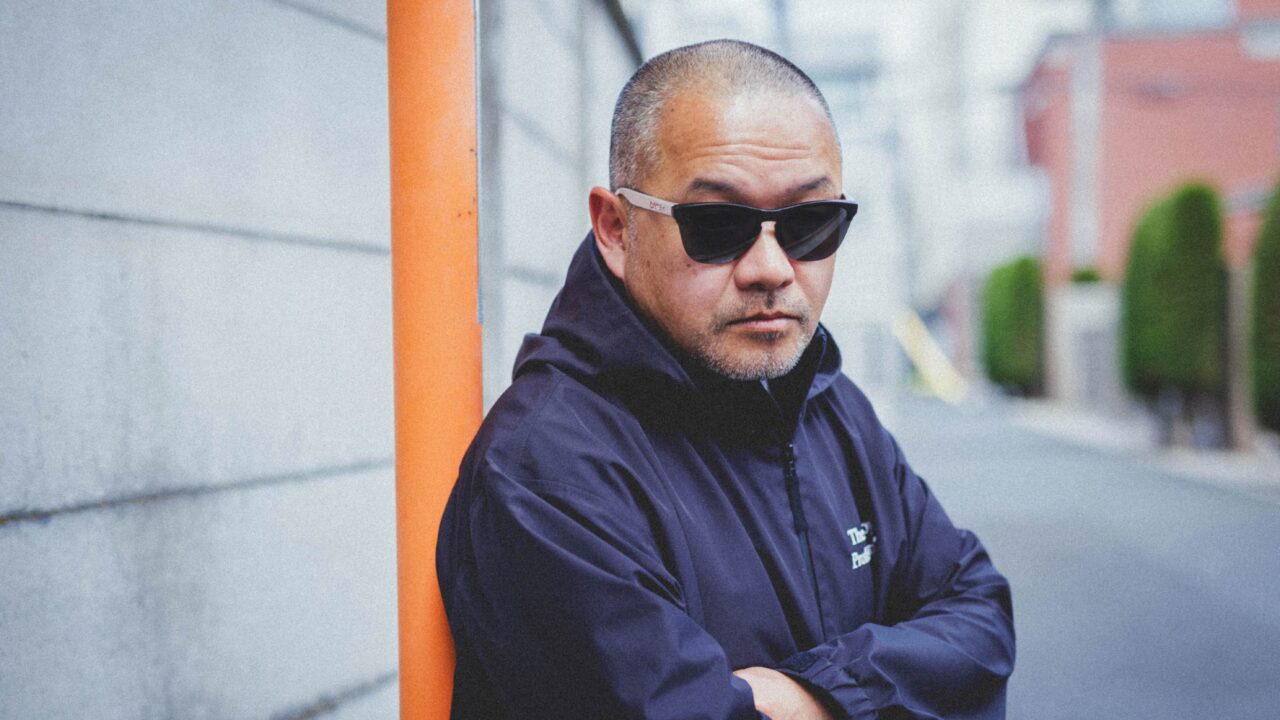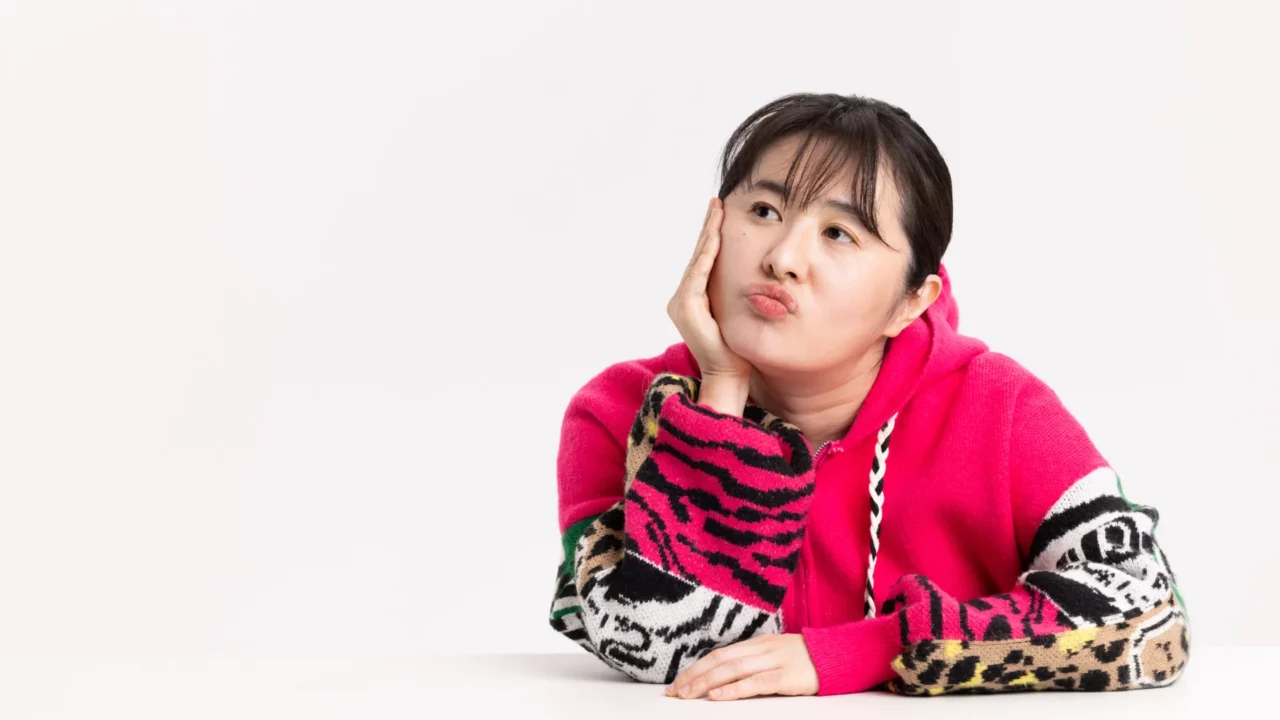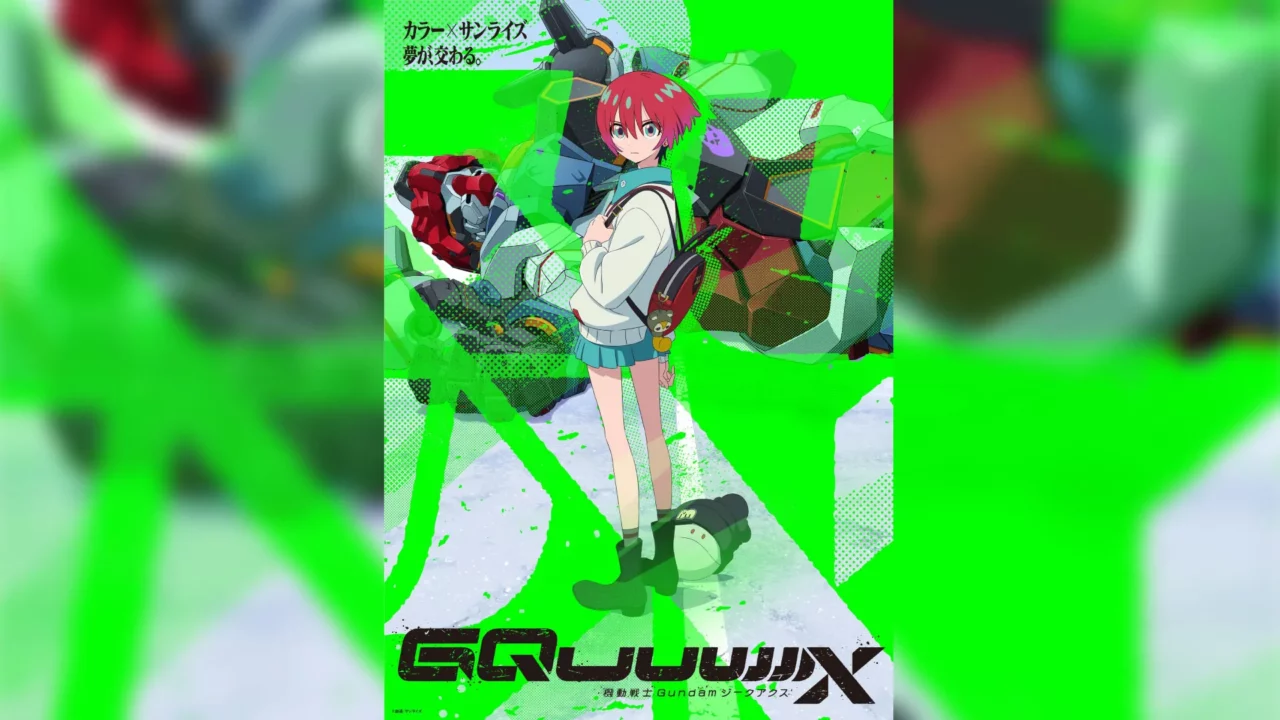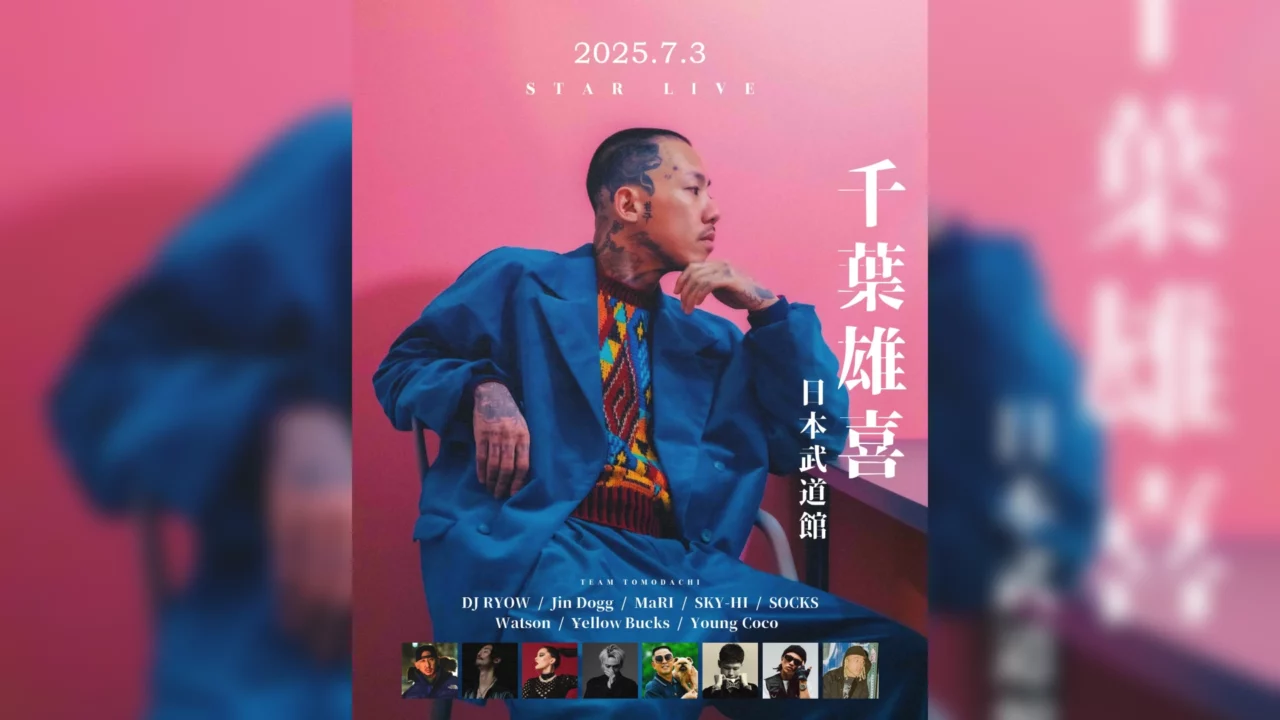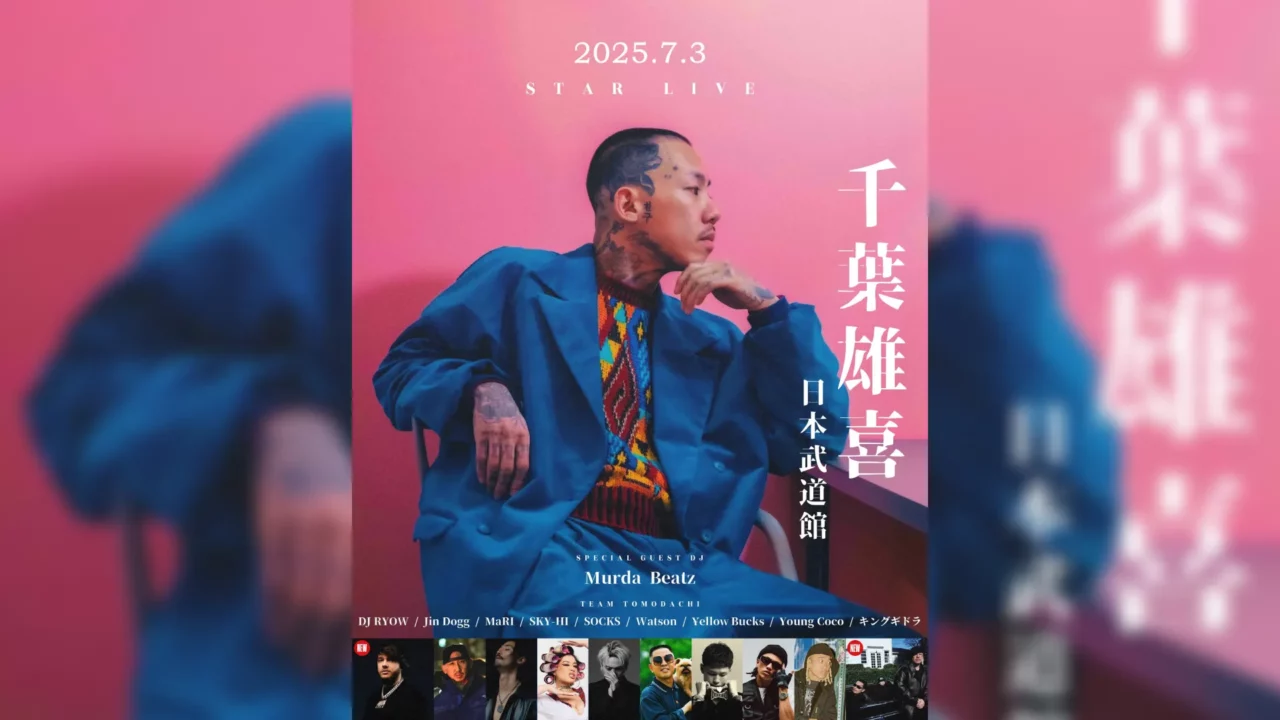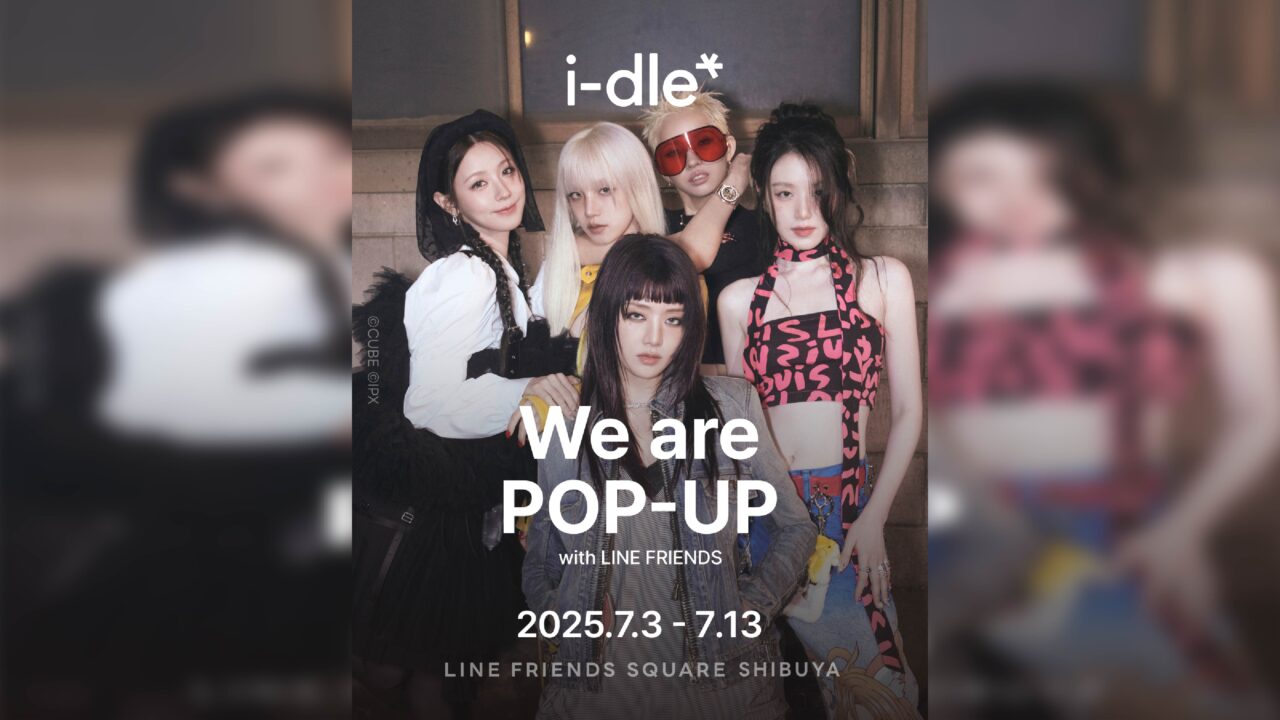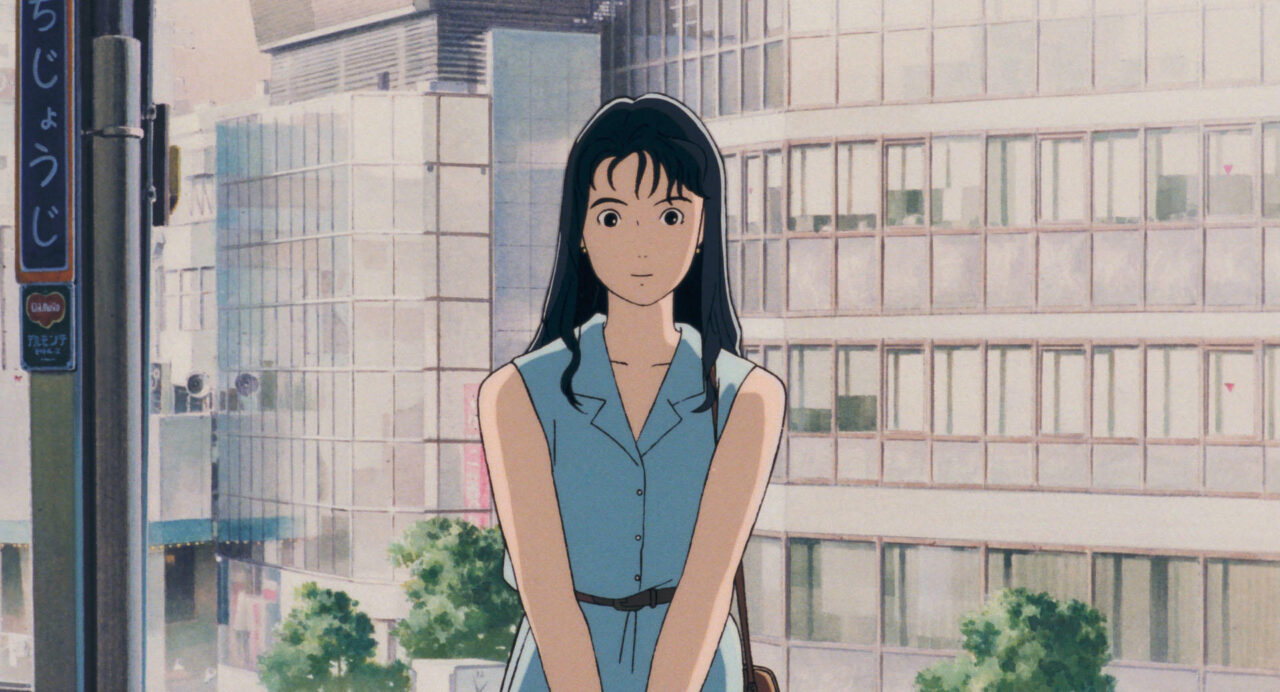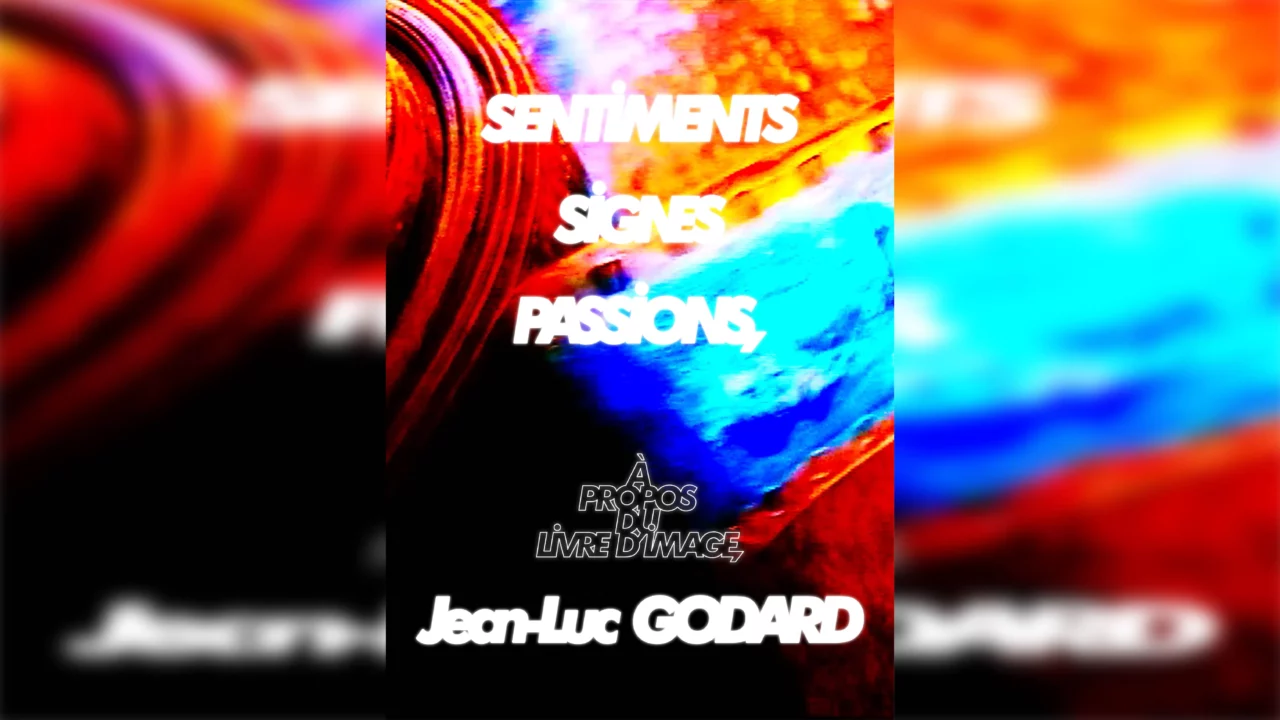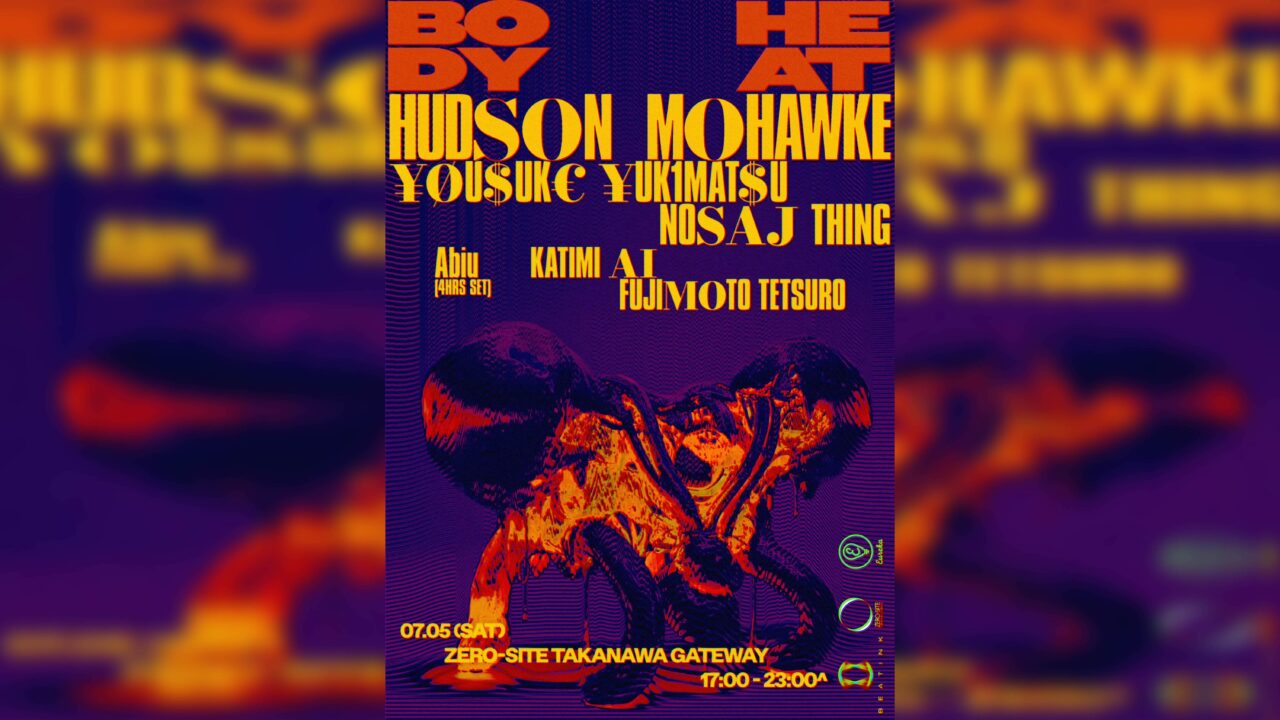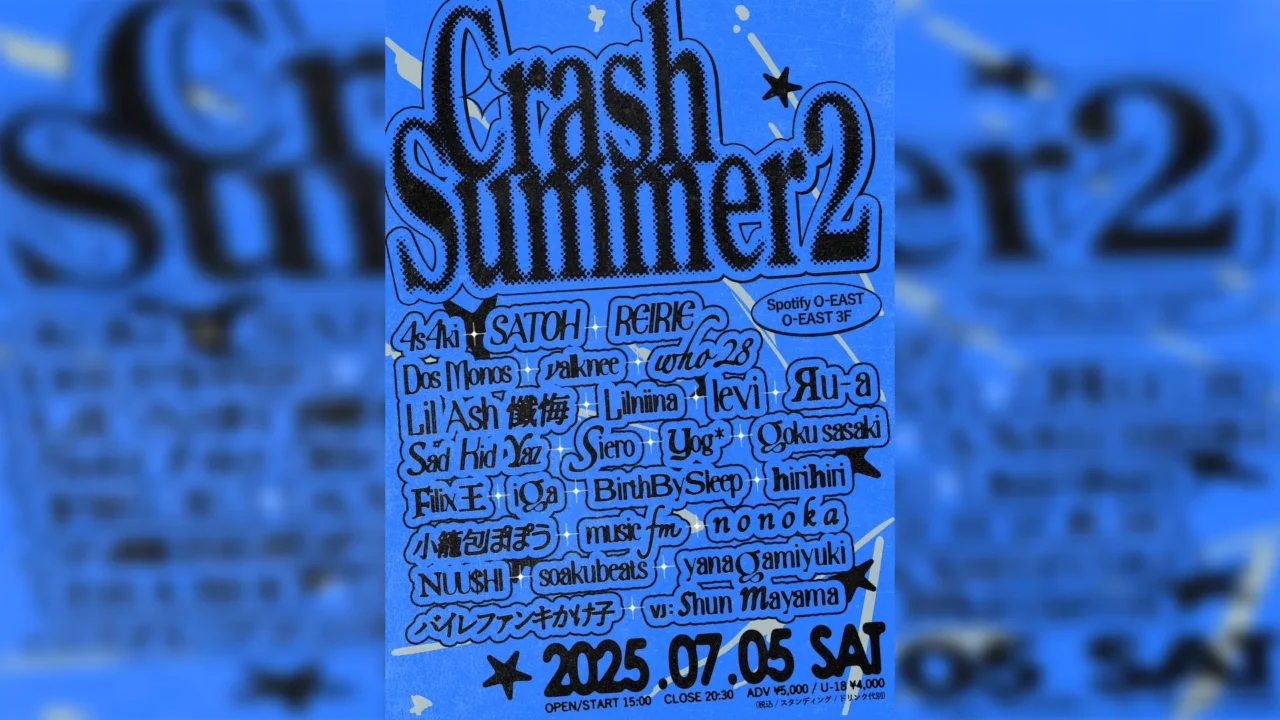Anger is exhausting—it drains you. Over time, it becomes second nature to ignore the small sparks of frustration, choosing apathy over confrontation. That’s where I found myself, coasting through life in a haze of indifference. Then, on June 21, 2023, at Shibuya La.mama, a live performance broke through my numbness. It reminded me that some moments demand anger, that expressing it is part of living fully. That night, I encountered Suzuki Mikiko Zu for the first time.
This two-piece band from Nagoya is a force of nature. Suzuki Mikiko, a whirlwind of emotion, channels her energy into ferocious acoustic strumming and vocals, while “zu” anchors the music with rhythmic beats that feel like the pulse of a heart. Over a year later, I was surprised to hear they were making their major-label debut. With 12 years in the scene, Suzuki seemed like someone at war with the world—a fiercely independent artist unlikely to compromise. Yet, when we spoke, her reasoning became clear.
At the core of Suzuki’s journey lies a simple but profound desire: to be seen and acknowledged. Following their performance at FUJI ROCK FESTIVAL ’22, she began to feel that recognition, allowing her to embrace live performances with newfound freedom. Their major debut, along with the release of digital singles Iwakanto Kyukutsu (“Discomfort and Confinement”) and Akatsuki (“Dawn”), felt like a natural next step.
As someone who shares their generational pulse and understands the struggles of a musician, I had the chance to explore their perspective. Even with the comfort of recognition, Suzuki’s fire remains unquenched. Frustrations persist, and anger simmers beneath the surface, but in their raw honesty lies a profound truth about life. Suzuki Mikiko Zu doesn’t shy away from the chaos; they embrace it, reminding us of the messy, human essence of living—and the courage it takes to feel it all.
INDEX
Using a Band as a Way to Channel Frustration, Not Aspiration
The Suzuki Mikiko Zu band originated from your solo work, Mikiko Suzuki. To begin, could you share what first inspired each of you to get into music?
Suzuki: In high school, I overheard my brother playing SUM 41 in the next room, and I thought it was so cool that I wanted to try playing it myself. I borrowed his guitar to attempt a cover, but it was too hard, so I just started strumming randomly and expressing my feelings through it—and it felt really cathartic. I realized that I could release all the frustration I felt from my family environment through music. At the time, I never considered performing in front of people. It was more like a quick remedy to help me process my emotions.

So, it wasn’t about idolizing the stage?
Suzuki: Not at all—it felt like a completely different world. I never thought I could become anything like a musician. I didn’t even listen to much music back then, so I wasn’t particularly knowledgeable about it.
Music, then, was more of a way to release what was bottled up inside you.
Suzuki: Exactly. Even so, I’ve always liked SUM 41, and I think that deep down, I’ve always felt that music was cool. Back then, I did have this vague thought of wanting to form a band.
Zu: But you didn’t have any friends.
Suzuki: Yeah, I didn’t have any. I guess I was more suited to quietly doing things on my own rather than being part of a loud, lively group.

A two-piece acoustic guitar and drums rock band based in Nagoya, consisting of Mikiko Suzuki (Vocals / Guitar) and Zu (Isami Takahashi) (Drums). Formed in 2012, they have released three albums and two EPs independently. The band creates songs that pierce deep into the heart, powered by Suzuki’s powerful, soul-stirring vocals and Zu’s emotional drumming. Their music features melodies full of pop sensibility that grab listeners’ hearts at first listen, marking them as the next-generation performers. In 2022, they performed at the “ROOKIE A GO GO” stage of the FUJI ROCK FESTIVAL and were selected as a “RISING STAR” at the RISING SUN ROCK FESTIVAL. Since 2021, they have hosted their own event, Shinzou no Saion (Heart Noise), sharing the stage with artists such as Pistol Takehara, Ai Higuchi, and THA BLUE HERB.
When was the first time you performed in front of an audience?
Suzuki: It was during my college light music club. We did a cover of something, but I felt, “Why do we have to do covers?” so I quit after just one performance. After that, I posted on mixi to find band members, and we started a band. From then on, we played my own songs, which hasn’t changed to this day.
You didn’t feel good playing other people’s songs?
Suzuki: Not at all. There’s an answer already, so it felt really constricting and difficult.
Zu: Even now, when we try to cover someone else’s song, we can’t remember the chords or lyrics.
Suzuki: I can only resonate with something if it’s fundamentally the same, and if I can’t resonate with it, I can’t sing it. That’s why I can only play my own songs. Ultimately, I’m most interested in myself, and I love myself the most.
In various interviews, people have mentioned your strong desire for validation.
Suzuki: Even the band name is a bundle of desire for validation. I want a place to belong, and I want to be recognized. But I don’t even recognize myself for thinking that way, so it’s like an endless loop of loneliness.

What inspired you to start making music?
Zu: I had a high school junior who was incredibly good at playing the guitar. Watching him, I thought it looked interesting, so I started. My first instrument was the guitar, and during my senior year’s cultural festival, I played the bass, but now I play the drums. I don’t really have a preference for any particular instrument. The bands I listened to in high school, like BLANKEY JET CITY, THEE MICHELLE GUN ELEPHANT, and NUMBER GIRL, weren’t really featured in the media. Especially NUMBER GIRL—they looked just like ordinary people, and it resonated with me that these kinds of people were making cool music.
It seems like you and Suzuki share a common approach in seeing music not as an aspiration but as a means to an end.
Zu: Yes, that’s true. The junior who inspired me is still making music, so I guess that’s part of why I’m still at it too.






